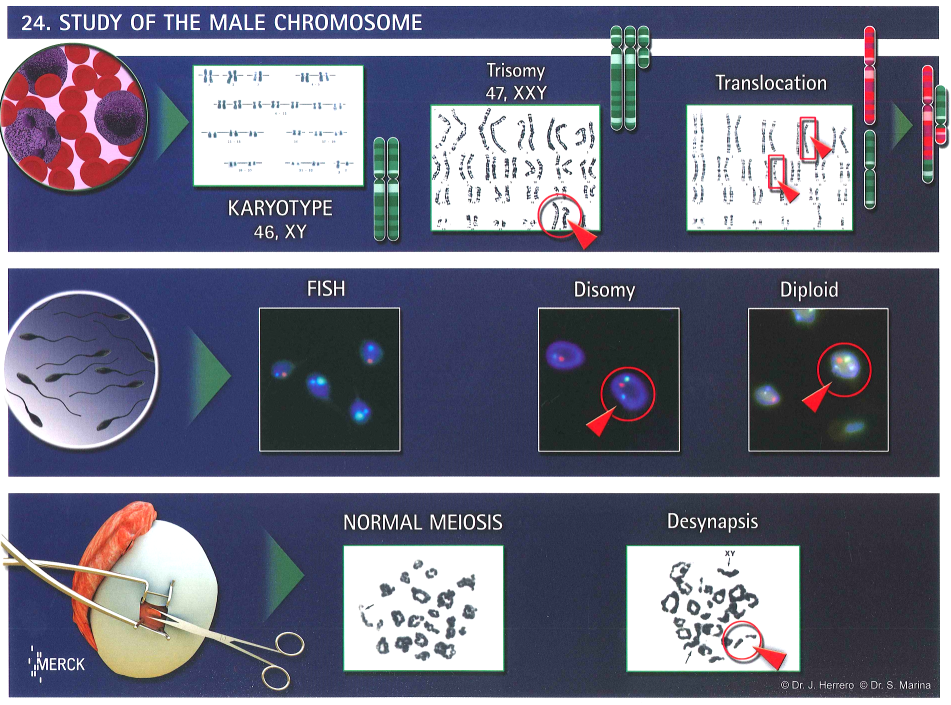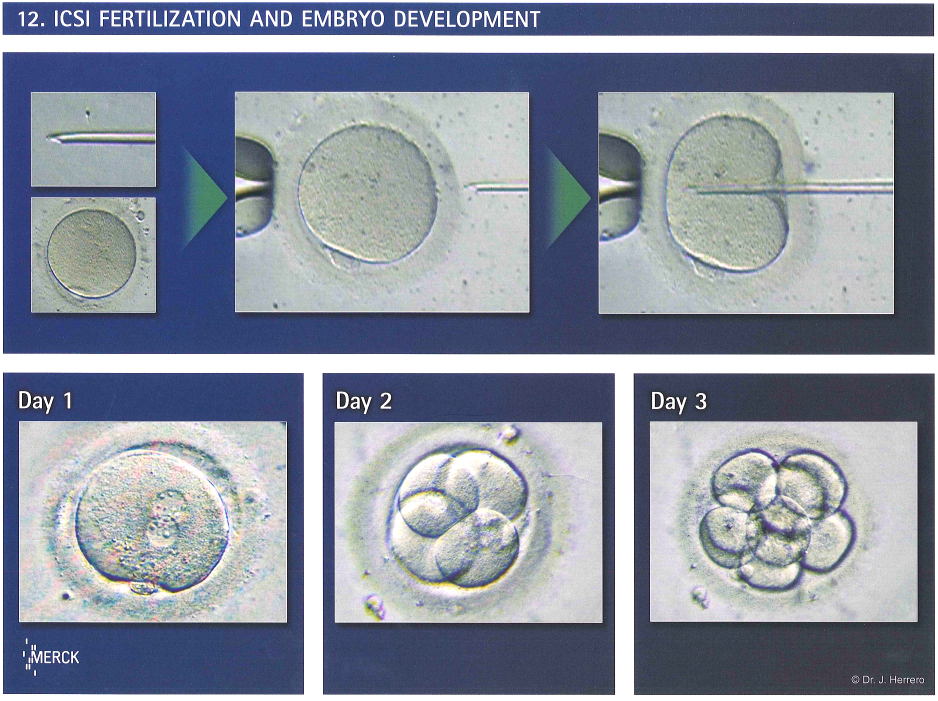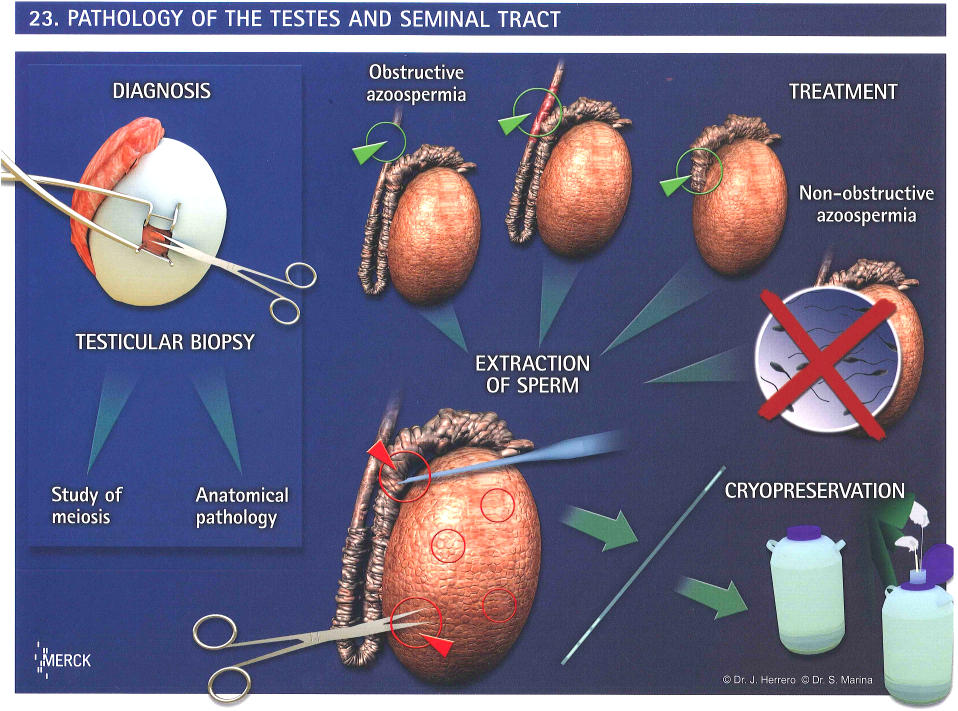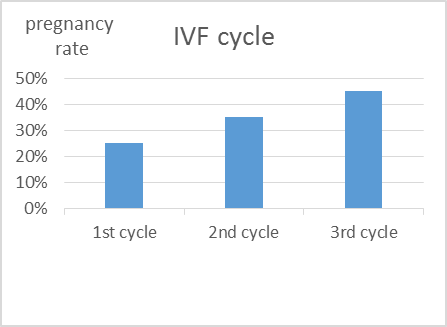In-Vitro Fertilisation- Embryo Transfer (IVF-ET)
Intracytoplasmic Sperm Injection (ICSI)
ICSI is a microscopic technique used to inject a single motile sperm into each surgically retrieved egg. In conventional IVF, a critical number of motile sperm is needed for fertilization. For severe male subfertility, this requirement cannot be met. However, ICSI makes such cases possible. Only a few sperms are needed for fertilization.
ICSI is a technique which involves injecting a sperm into an egg to effect fertilization. This usually results in normal fertilization in about 75-80% of eggs injected with sperm. ICSI has revolutionized the treatment of male infertility for the past 20 years. It is the only effective treatment for moderate to severe male infertility.的治疗。
Reasons for performing ICSI:
- Moderate to severe male factor infertility
- Low rate of fertilization with previous IVF
- Low number of eggs obtained at egg retrieval
For male with azoospermia on semen analysis, sperms may be obtained by:
- Aspiration of sperm from epididymis (PESA)
- Testicular sperm extraction (TESE)
If sperm is obtained, ICSI is then performed for fertilization.
The patient may choose to cryo-preserve the surplus sperms for future use.
Sperm and egg fertilized by ICSI then develops into an embryo. The subsequent development after embryo replacement is the same as in conventional IVF.
Poor semen quality is found in 30-40% of infertility cases. These men have higher incidence of chromosomal or genetic abnormalities. Chromosomal abnormalities is found in male with very low sperm count (~5%), including Robertsonian and reciprocal translocation or without any sperm (~15%), mainly 47, XXY. Microdeletion of Y chromosome is found in 9% of men with very low sperm count or with no sperm. All these chromosomal abnormality may be transmitted to the offspring. Counselling is essential before treatment.








